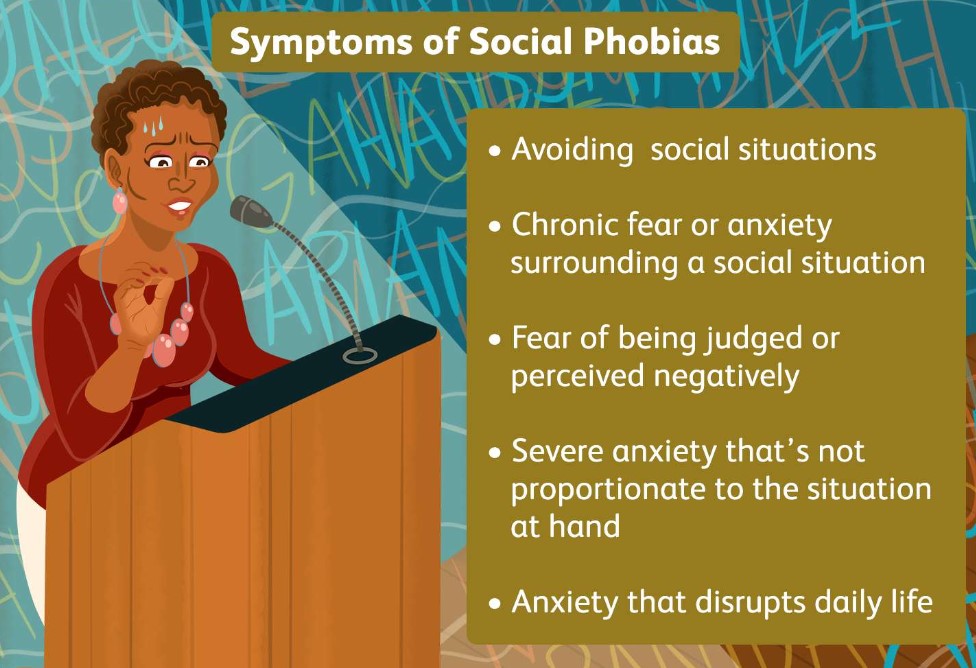BOURSESSENEGAL – Hippopotomonstrosesquippedaliophobia is a tongue-in-cheek term that describes the fear of long words. Although it sounds ironic, many people genuinely struggle with this unusual phobia. In this comprehensive guide, we’ll explore the origins of this term, delve into its implications, and discuss effective coping strategies for those who experience this fear. By the end of this article, you’ll have a clearer understanding of hippopotomonstrosesquippedaliophobia and how to navigate conversations involving complex vocabulary.
What is Hippopotomonstrosesquippedaliophobia?
Hippopotomonstrosesquippedaliophobia, despite its daunting length, refers to an actual fear—specifically, the fear of long words. This phobia can lead to anxiety in situations where complicated language or lengthy terminology is used, making social interactions, academic discussions, or even casual conversations stressful. Understanding this phobia is crucial for both those affected and their loved ones.
The Irony Behind the Name
The name itself is somewhat ironic. Constructed from the combination of “hippopotamus,” “monstrous,” “sesquipedalian” (meaning a long word), and “phobia” (meaning fear), it highlights the humorous nature of the term. Despite being a playful creation, the fear it describes is very real for many individuals.
The Psychology of Long Word Fear
Understanding the psychological basis behind hippopotomonstrosesquippedaliophobia is essential. Like many phobias, it can stem from various factors, including:
1. Past Experiences
Negative experiences with language—like being mocked for mispronouncing a word—can trigger anxiety about long words. If a person was ridiculed in school or social settings, they might develop a fear of encountering complex vocabulary.
2. Social Anxiety
Individuals with social anxiety may find themselves particularly sensitive to language, fearing judgment or misunderstanding from others. This fear can manifest as a reluctance to engage in conversations where complex language might be used.
3. Cognitive Overload
Long words can create cognitive overload, making it difficult for individuals to process information. This can result in feelings of embarrassment or inadequacy, further fueling the phobia.
Signs and Symptoms of Hippopotomonstrosesquippedaliophobia
If you or someone you know may be experiencing hippopotomonstrosesquippedaliophobia, recognizing the symptoms is essential. Common signs include:
1. Avoidance Behavior
Individuals might avoid situations where long words could arise, such as academic settings or discussions about complex topics. This avoidance can lead to isolation and missed opportunities.
2. Physical Symptoms
Anxiety can manifest physically. People might experience sweating, increased heart rate, or even nausea when confronted with lengthy words or discussions.
3. Emotional Distress
Feelings of embarrassment, frustration, or inadequacy may arise, especially in situations where complex language is unavoidable.
Coping Strategies for Hippopotomonstrosesquippedaliophobia
Managing hippopotomonstrosesquippedaliophobia involves a combination of understanding and practical strategies. Here are some effective methods to cope with this fear:
1. Education and Awareness
Learning about the origins and meanings of long words can demystify them. By breaking down complex terms into smaller parts, you can make them less intimidating.
2. Practice and Exposure
Gradually exposing yourself to long words in a controlled manner can help desensitize your fear. Start by reading texts with complex vocabulary in a comfortable environment, then progress to discussing these terms with friends or family.
3. Mindfulness and Relaxation Techniques
Practicing mindfulness and relaxation techniques can help manage anxiety. Deep breathing, meditation, or yoga can calm your mind and prepare you for situations that may trigger your phobia.
4. Seek Professional Help
If hippopotomonstrosesquippedaliophobia significantly impacts your life, consider seeking help from a mental health professional. Therapies such as cognitive-behavioral therapy (CBT) can be effective in addressing specific phobias.
When to Seek Help
If your fear of long words interferes with daily activities or leads to severe anxiety, it may be time to seek help. Mental health professionals can provide tailored strategies to address your specific needs.
Conclusion
Hippopotomonstrosesquippedaliophobia is more than just a quirky term; it represents a genuine fear that can affect many individuals. By understanding its origins, recognizing symptoms, and employing effective coping strategies, you can navigate conversations involving long words with confidence. Remember, you’re not alone, and help is available if you need it. Embrace the journey towards overcoming this unique phobia, and take small steps towards more confident communication.
This article provides a detailed overview of hippopotomonstrosesquippedaliophobia, its implications, and coping strategies. By engaging with this content, you’ve taken a crucial step towards understanding and managing this fascinating phobia.
REFERENCE : https://www.cdcfoundation.org/



